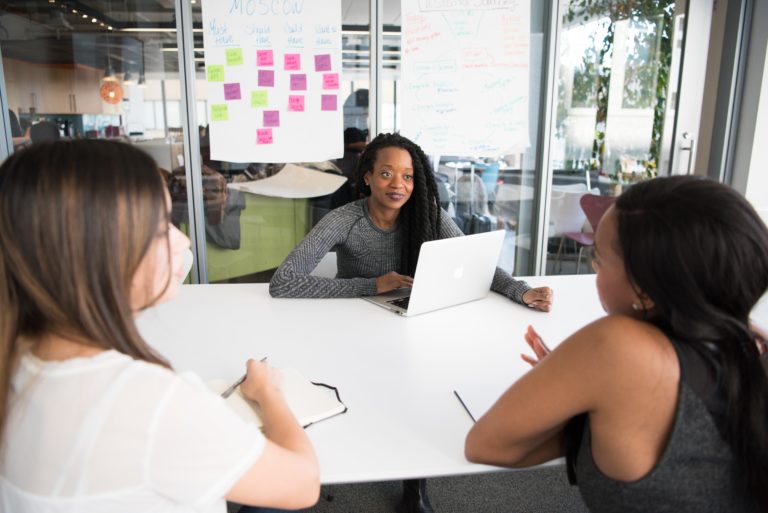Contact Us
Questions, comments, ideas for future content? Contact us below.
2020 has been a perfect storm of socio-economic challenges. The fallout from a global pandemic has had a ripple effect across all aspects of our country.
A Healthcare Crisis
In addition to the heartbreaking loss of loved ones many families are enduring, an alarming number of those families have also lost income due to COVID-related deaths or the long-term health issues that can come with surviving COVID. This collateral damage can keep individuals from being able to return to work. And with Congress on break until September, there will be no relief of stimulus checks coming anytime soon.
Unemployment
The July labor report indicated that we’ve made some much needed progress in our national unemployment rate, from nearly 15% in May, down to 10.2%. Even with this progress, the numbers are still staggering and the highest they’ve been since the 1940s. And it’s important to note that the gains are not evenly distributed. Unemployment rates for Black workers are at 14.6%. And some economists fear that too many of the 1.8 mil new jobs are low-wage roles that won’t provide a decent income for workers and will only add to the existing issue of too much of our labor force being stuck in egregiously low-paying jobs.
The Market(s)
After an initial, and substantial, COVID-related market crash, both home prices and the stock market are back to record levels. And as some industries have remained isolated from the economic dive, others have managed to see gains. But as our economy shifts to work-from-home solutions for white-collar workers, for our country’s working class, the economic pain is evident. The Labor Department reported that employment is still 20% below pre-pandemic levels for workers earning under $14 an hour, and 16% down for those making $14 to $20 an hour. The wage gap between rich and poor has widened dramatically.
All that being said, there are millions of people, all over our country, that need real help, and they need it now. In our efforts to do more than just talk about change, we’ve compiled a list of resources for underserved communities.
*If you’re looking for assistance and reside in Chicago, see local resources here
Looking for ways to help? See below.
Chicagoland
National
Global
If you are looking to help – we think this is a great place to start. If you have resources to spare, please consider donating. We’re all in this together, and together is the only way we’re going to make it through.
We’d also love to hear from you. What are some other ways to donate time, money, and resources?






This week, Sarah Sheridan chats with Mike Sharifi, a private equity exec and dad of two, about what it really takes to show up fully — at home and at work. From daily calendars to dishes, lead parenting to late-night laptop sessions, Mike shares how his family finds balance in a fast-paced world.
Tune in to hear how being a present parent has made him a more thoughtful leader — and how he’s rewriting the rules of what working fatherhood looks like today.
What’s helped you keep work and home in harmony?
Episode 6